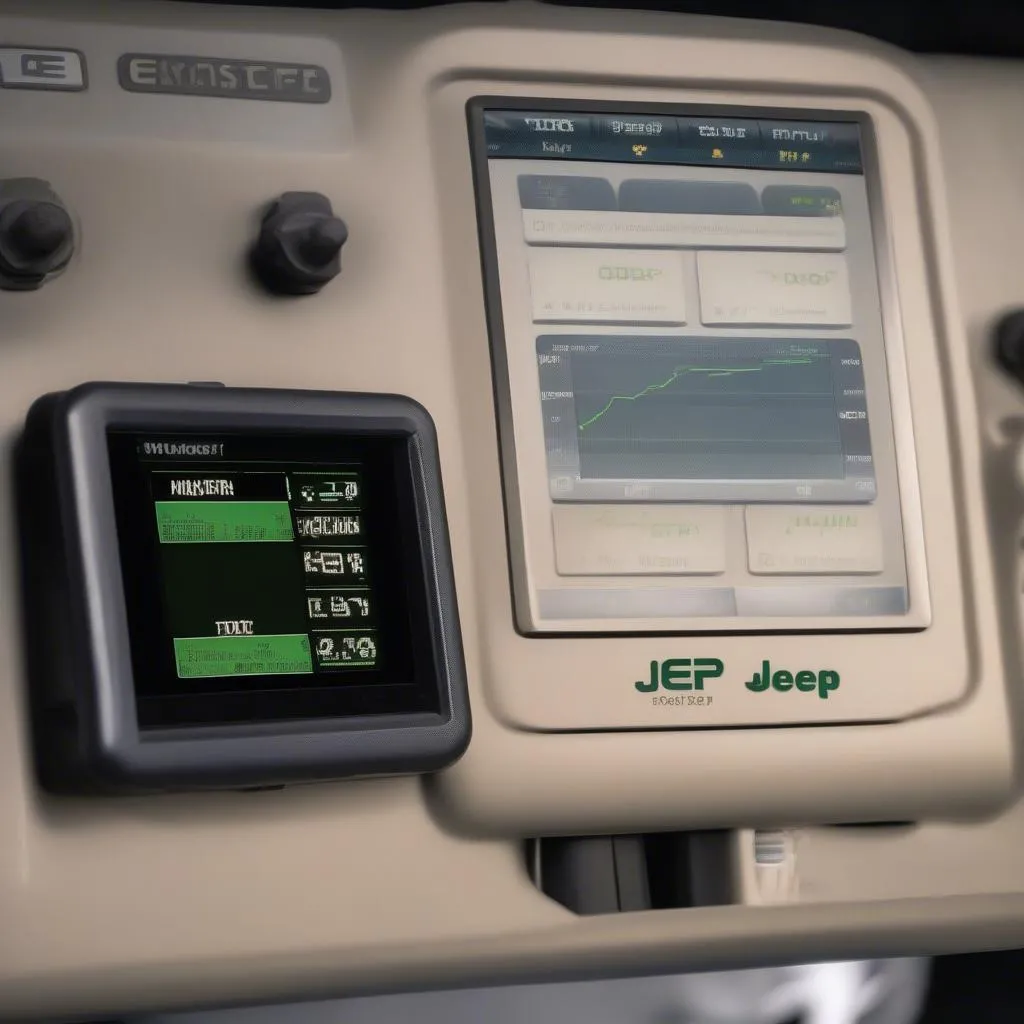The Borg Warner exhaust brake is a vital component in many modern vehicles, enhancing braking power and reducing wear on your primary braking system. However, like any complex system, these brakes can encounter issues. This comprehensive guide will delve into common Borg Warner exhaust brake problems, their causes, and how to diagnose and potentially fix them, whether you’re a DIY enthusiast or seeking professional help.
Understanding Your Borg Warner Exhaust Brake
Before diving into troubleshooting, it’s crucial to grasp how these brakes function. In essence, a Borg Warner exhaust brake creates backpressure in the engine by restricting exhaust flow, utilizing a butterfly valve in the exhaust manifold or pipe. This backpressure acts against the engine’s rotation, providing a braking force. The system typically consists of:
- Exhaust Brake: The core unit, including the valve and actuator, mounted on the exhaust system.
- Actuator: An electric, pneumatic, or hydraulic component that controls the butterfly valve’s opening and closing.
- Control System: This can range from a simple on/off switch to sophisticated electronic modules that integrate with the vehicle’s engine control unit (ECU).
Common Borg Warner Exhaust Brake Problems and Solutions
Various issues can arise with Borg Warner exhaust brakes, often manifesting as reduced braking power, unusual noises, or warning lights on your dashboard.
1. Exhaust Brake Not Engaging
Possible Causes:
- Faulty Actuator: A malfunctioning actuator won’t be able to open or close the butterfly valve, rendering the brake ineffective.
- Electrical Issues: Damaged wiring, blown fuses, or a faulty control switch can disrupt the electrical signals that activate the actuator.
- Vacuum Leaks (For Pneumatic Actuators): Leaks in the vacuum lines supplying the actuator will prevent it from generating the necessary force to engage the brake.
- Software or Programming Errors: Modern electronically controlled brakes heavily rely on software. Errors in the ECU programming can lead to engagement problems.
Troubleshooting:
- Check for Obvious Damage: Inspect the exhaust brake, actuator, wiring, and vacuum lines (if applicable) for visible damage like cuts, burns, or loose connections.
- Test the Actuator: With the engine off, activate the exhaust brake switch and listen for the actuator engaging. If you hear nothing, it could indicate a faulty actuator.
- Inspect Fuses and Wiring: Locate the fuse associated with the exhaust brake and check if it’s blown. Also, inspect the wiring harness for any loose connections, corrosion, or damage.
- Check for Vacuum Leaks: If your system uses a pneumatic actuator, examine the vacuum lines for cracks, loose clamps, or damage. A hissing sound when the brake is activated may point towards a leak.
- Scan for Diagnostic Trouble Codes: Use an OBD-II scanner to read any stored trouble codes related to the exhaust brake system. These codes can pinpoint the source of the issue.
2. Reduced Braking Power
Possible Causes:
- Soot or Carbon Buildup: Over time, soot and carbon from the exhaust can accumulate on the butterfly valve and inside the exhaust brake housing, restricting movement and reducing braking power.
- Worn Butterfly Valve: A worn or damaged butterfly valve may not seal properly, leading to reduced backpressure and less braking force.
- Exhaust Leaks: Leaks in the exhaust system upstream of the exhaust brake can decrease the effectiveness of the system.
Troubleshooting:
- Inspect the Butterfly Valve: Remove the exhaust brake and visually inspect the butterfly valve for signs of wear, damage, or heavy soot buildup.
- Clean the Exhaust Brake: Use a suitable cleaner to remove soot and carbon deposits from the butterfly valve, housing, and surrounding areas.
- Check for Exhaust Leaks: Inspect the exhaust system, particularly the sections before the exhaust brake, for any leaks that could be affecting backpressure.
3. Unusual Noises
Possible Causes:
- Loose Components: Loose bolts, brackets, or clamps on the exhaust brake or actuator can cause rattling or clunking noises, especially during braking.
- Worn Bearings or Bushings: Worn bearings or bushings within the actuator can create squeaking or grinding sounds.
- Exhaust Leak: A leak in the exhaust system near the exhaust brake can produce a hissing or roaring sound.
Troubleshooting:
- Tighten Loose Components: Inspect all bolts, brackets, and clamps on the exhaust brake and actuator, tightening any loose components.
- Listen Carefully to Isolate the Noise: Try to pinpoint the location and type of noise. For instance, a metallic rattling might suggest loose components, while a grinding noise could indicate worn bearings.
- Check for Exhaust Leaks: Inspect the exhaust system around the exhaust brake for any signs of leaks.
“Regular maintenance is key to the longevity and performance of your exhaust brake,” says John Miller, a senior automotive engineer specializing in braking systems. “Inspecting and cleaning the system annually can prevent many common issues.”
When to Seek Professional Help
While some exhaust brake issues can be diagnosed and addressed with basic mechanical skills, more complex problems may necessitate the expertise of a qualified mechanic, especially those involving:
- Electronic Control System Malfunctions: Issues with the ECU, sensors, or wiring often require specialized diagnostic tools and knowledge.
- Internal Actuator Problems: Disassembling and repairing an actuator is best left to professionals to avoid causing further damage.
- Software or Programming Errors: Resolving software-related issues requires specialized equipment and access to manufacturer updates.
Conclusion
A properly functioning Borg Warner exhaust brake is a valuable asset, improving safety and reducing strain on your primary brakes. By understanding how the system works, recognizing common problems, and following the troubleshooting steps outlined above, you can often identify and address minor issues. However, don’t hesitate to seek professional assistance for more complex problems or if you’re uncomfortable working on your vehicle’s braking system. Regular maintenance and timely repairs will ensure your exhaust brake continues to provide reliable performance for years to come.

